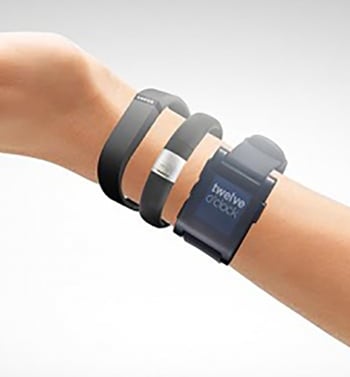University of Toronto (UoT) researchers have looked to compare fitness tracking apps with wearable devices, and has found that, expectantly, the latter provide for better results.
Although all modern smartphones come with built-in GPS and accelerometers, they are not enough to deliver reliable fitness information, like step count.
Researchers tested three popular mobile apps — Runtastic, Moves and Accupedo — and compared their results against the $33 Yamax SW-200 pedometer. The tests included walking 20 steps on flat ground, a 40-step stair climb, and what is described as a real-life test where participants were asked to use the pedometer and one of the apps for at least 10 hours for three days.
Neither method of tracking steps was completely accurate, the study says, adding that the apps overestimated step counts, and were inconsistent in their over-estimations.
In another study, Univeristy of Toronto researchers examined the cyber-security of fitness tracking devices.
There is a possibility to manipulate the fitness data from trackers to exaggerate activity in an attempt to commit fraud.Products from 8 major manufacturers were used to test everything from data encryption, tamper resistance, and ID privacy. In several cases, the researchers were able to string together pieces of data over time based on a device ID in order to track individuals.
On the other hand, researchers cautioned about possibility to manipulate the fitness data from trackers to exaggerate activity in an attempt to commit fraud. This sort of fraud could be committed by users looking to get discounts on their insurance premiums, with some insurers relying on activity tracking data to offer better deals to (seemingly) healthier individuals.
Companies mentioned in the report have expresses commitments to user privacy, with Withings already revamping its applications to enhance encryption as a result of this study. For what it matters, the Apple Watch was named the best device for privacy thanks to its ability to use randomized Bluetooth ID.
Related to wearable devices security, a recent BuzzFeed article further emphasizes this issue, claiming that hackers are selling Fitbit accounts for as little as 50 cents.


